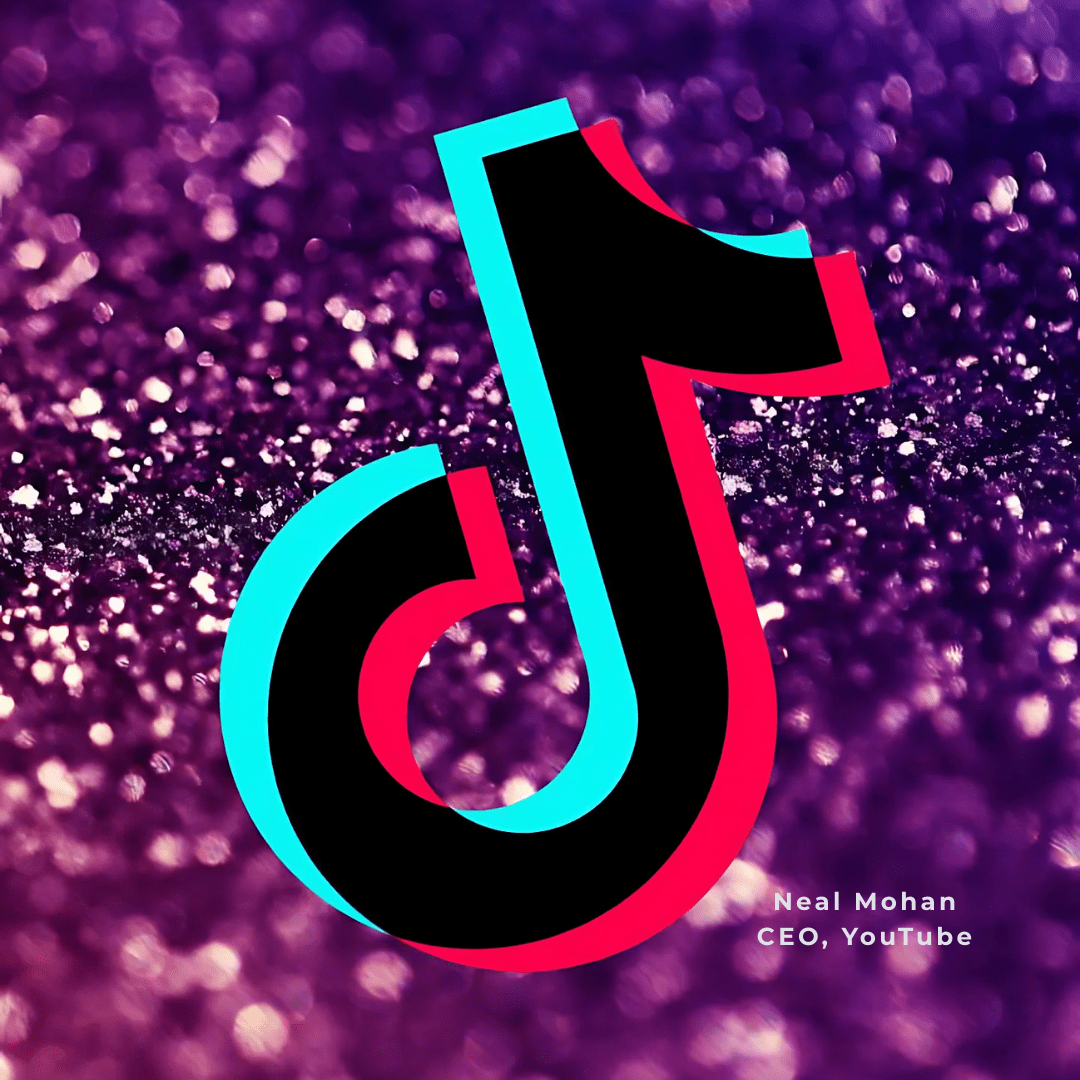
NAIROBI — In a world where social media can make or break political careers, cultural trends,
and even small businesses, TikTok has become one of Africa’s most influential digital stages. In
Kenya alone, the app has birthed viral dance challenges, propelled comedians to stardom, and
given faith-based creators a platform to reach millions.
But behind the trending hashtags lies a growing storm. Around the globe, TikTok is facing
intense regulatory scrutiny over data privacy, content moderation, and algorithm
transparency. And while some Western nations are considering — or have already implemented
— bans, Kenya is taking a different route: regulation without rejection.
In the United States, lawmakers have repeatedly called for TikTok to be sold to an American
company or face a nationwide ban. Europe has increased its demands for transparency on how
algorithms work, citing fears over harmful content targeting young users.
This scrutiny is spilling over into Africa, where TikTok is one of the fastest-growing platforms.
While no African country has yet enforced a complete ban, governments from Nigeria to Egypt
are watching global developments closely.
In April 2024, the Kenyan government recommended a co-regulation model for TikTok.
Under the proposal, the platform would:
- Proactively screen content for violations of community guidelines and local laws.
- Provide quarterly reports to Kenyan authorities on the number and nature of removed videos.
- Strengthen measures to protect minors from inappropriate or harmful material.
This approach aims to balance freedom of expression with responsible content governance,
recognizing TikTok’s cultural and economic importance to Kenyan creators.
“This is not about silencing voices,” said Eliud Owalo, Kenya’s Cabinet Secretary for ICT and
Digital Economy. “It’s about making sure those voices can flourish in a safe and accountable
environment.”
TikTok’s impact in Kenya is undeniable. According to company reports, over 450,000 videos
were removed in Kenya in a single quarter of 2025 for violating community guidelines —
ranging from misinformation to explicit material.
Despite these takedowns, user growth remains strong. Kenya ranks among Africa’s top TikTok
markets, with millions of active monthly users producing content in genres from comedy skits
and music covers to political commentary and online sermons.
For many Kenyan creators, TikTok is more than entertainment — it’s a livelihood. Influencers
earn through brand deals, live gifts, and cross-platform traffic to YouTube or Instagram. A
sudden ban could cut off income streams for thousands of young people.
“TikTok changed my life,” says Sarah Achieng, a gospel singer whose TikTok livestreams draw
viewers from across the continent. “Before, I was singing in small church gatherings. Now I can
minister to thousands in real-time.”
Banning the platform, she argues, would be “like shutting down the biggest church I’ve ever
served.”
Still, the uncertainty is prompting some creators to diversify their platform presence. Popular
Kenyan TikToker Zainab Ahmed has begun building a parallel audience on Instagram Reels and
YouTube Shorts.
“We’ve learned not to put all our content in one basket,” she says. “If something happens to
TikTok, I want my community to follow me elsewhere.”
This diversification trend mirrors global best practices, where creators maintain visibility across
multiple platforms to protect against sudden algorithm changes, policy shifts, or outright bans.
Christian content creators face a unique set of challenges. While their content is often positive
and uplifting, some faith-related topics have been flagged by TikTok’s moderation system, either
for “sensitive” subject matter or due to mass-reporting by users who disagree with religious
messages.
Pastor David Kilonzo, who shares short sermons and prayer clips, says he has had several
videos removed without clear explanation. “One day you’re preaching about hope, the next day
your video is gone. That’s why transparency is so important.”
For faith-driven creators, Kenya’s push for accountability could help protect their ability to share
values-based messages without fear of arbitrary takedowns.
Kenya’s middle-ground approach could also have significant economic implications. By
maintaining TikTok’s availability while ensuring safer content, the government hopes to attract
more brand partnerships and advertising investment into the local creator economy.
“A safe platform is good for business,” says James Kamau, a Nairobi-based digital marketing
consultant. “Advertisers want to know their content won’t appear next to something harmful. If
regulation helps that, it’s a win-win.”
However, some digital rights advocates caution that regulation could easily slip into censorship if
not carefully managed.
“The line between protecting users and controlling speech is thin,” warns Njeri Mwangi of the
African Digital Freedom Alliance. “We must ensure that any oversight is transparent,
accountable, and not used to silence political or religious expression.”
Kenya’s regulatory experiment will be closely watched by other African nations. Nigeria has
already engaged TikTok in discussions about compliance with local content laws, while Egypt
has introduced fines for creators who post “immoral” material on social media.
If Kenya succeeds in making TikTok safer without stifling creativity, it could provide a blueprint
for the continent. If it fails, it might accelerate calls for outright bans.
For now, Kenyan creators are being advised to:
- Follow TikTok’s Community Guidelines closely, especially regarding music licensing, misinformation, and explicit content.
- Diversify audience bases across other short-form platforms.
- Engage audiences directly through newsletters or private communities for long-term resilience.
- Stay informed on regulatory updates to avoid unintentional violations.
TikTok’s fate in Kenya is far from sealed. The coming months will see negotiations between the
platform and the government over specific oversight mechanisms. Creators, meanwhile, are
adapting, innovating, and — in many cases — praying.
For Pastor Kilonzo, it’s simple. “Whatever happens to TikTok, the gospel will still be preached,”
he says with a smile. “If one door closes, God will open another — maybe even a livestream.”






